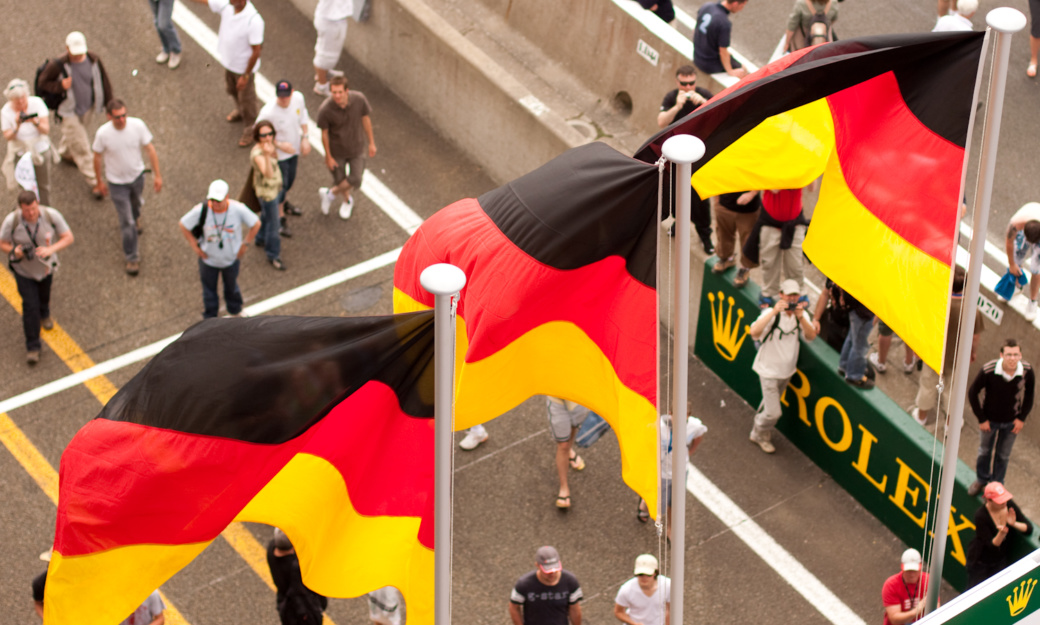
Photo by Arnaud333, Wikimedia Commons.
On December 7, 2015, two baby carriages were set on fire at an apartment complex housing refugees in the pristine Thuringia town of Altenburg. Ten refugees, including two infants, suffered from smoke inhalation. The attack came two days after right-wing protesters marched through the town carrying signs that read, “Please continue your flight. There’s nowhere to live here.”
“On the ground floor there was a woman living with her baby who had to jump out without shoes,” district administrator Michaele Sojka told me when I met her last June. “Everyone was really shocked that something like that could happen in our city.
Two men were arrested, and six months later one of them was found guilty of arson. The judge said the man had “acted on xenophobic motives.” The other was handed a fine for repeating Nazi slogans. “One of them must have been drunk that night,” Brit Krostewitz, a volunteer with the Altenburg Network for Integration, told me. “They are just stupid Nazis.” Most Germans know the type.
This is Germany, a country whose leaders just 80 years ago tried to deport and then exterminate all non-Christians and “outsiders.” A country so ashamed of its xenophobic past that to display any hint of nationalism, such as to wave a German flag during a soccer match, remained taboo. Germany, a liberal European state that goes so far as to limit speech—by criminalizing Holocaust denial—least anyone attempt to forget or manipulate that torrid past.
And yet, Germany has recently become a breeding ground for small pockets of xenophobic citizens to commit hate crimes and terrorism against foreigners.
Read the full story at Columbia Global Reports. This is the first part of a short series on refugees in Germany.